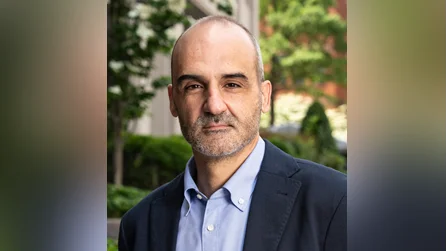The International Monetary Fund (IMF) has reached a staff-level agreement with Cabo Verde on the sixth review under the Extended Credit Facility (ECF) and the third review under the Resilience and Sustainability Facility (RSF). The discussions, led by IMF's Martin Schindler, took place in Praia from May 5 to 13, 2025.
According to Mr. Schindler, "I am pleased to announce that the IMF team and the Cabo Verdean authorities reached staff-level agreements on the policies needed to complete the sixth review under the ECF-supported program and the third review of the RSF arrangement as well as on economic policies and reforms that could be supported by an extension."
Upon approval by the IMF's Executive Board, completing these reviews will allow disbursements of approximately US$ 6.09 million for the ECF and up to US$ 10.66 million for the RSF, contingent on reform progress.
Cabo Verde's economy is reportedly performing well, driven by tourism, strong export performance, and private consumption growth. Economic growth in 2024 was recorded at 7.3 percent with low inflation at 1.0 percent. The fiscal balance exceeded targets due to reduced primary expenditures and robust tax revenue growth.
All structural benchmarks and quantitative performance criteria for December 2024 were met. However, some reform measures under the RSF are progressing slower than anticipated.
Looking ahead, GDP growth in 2025 is projected at 5.2 percent with inflation expected to stabilize around 2 percent. The current account balance is forecasted to return gradually to a deficit of 1.3 percent of GDP in 2025.
Fiscal performance remains strong with efforts focused on maintaining a fiscal path aligned with debt reduction goals. Tax revenue is expected to rise due to ongoing reforms.
The BCV’s Monetary Policy Committee decided to raise deposit rates by 30 basis points to align with ECB rates fully. Further data-driven monetary policy adjustments may be necessary.
Despite a favorable macroeconomic outlook, Cabo Verde faces substantial downside risks including external shocks related to energy prices and tourism disruptions due to global uncertainties. Climate-related risks also pose long-term threats.
Mr. Schindler concluded by expressing gratitude: "The IMF team is grateful to the Cabo Verdean authorities and other stakeholders for the productive discussions, hospitality, and candid discussions."

